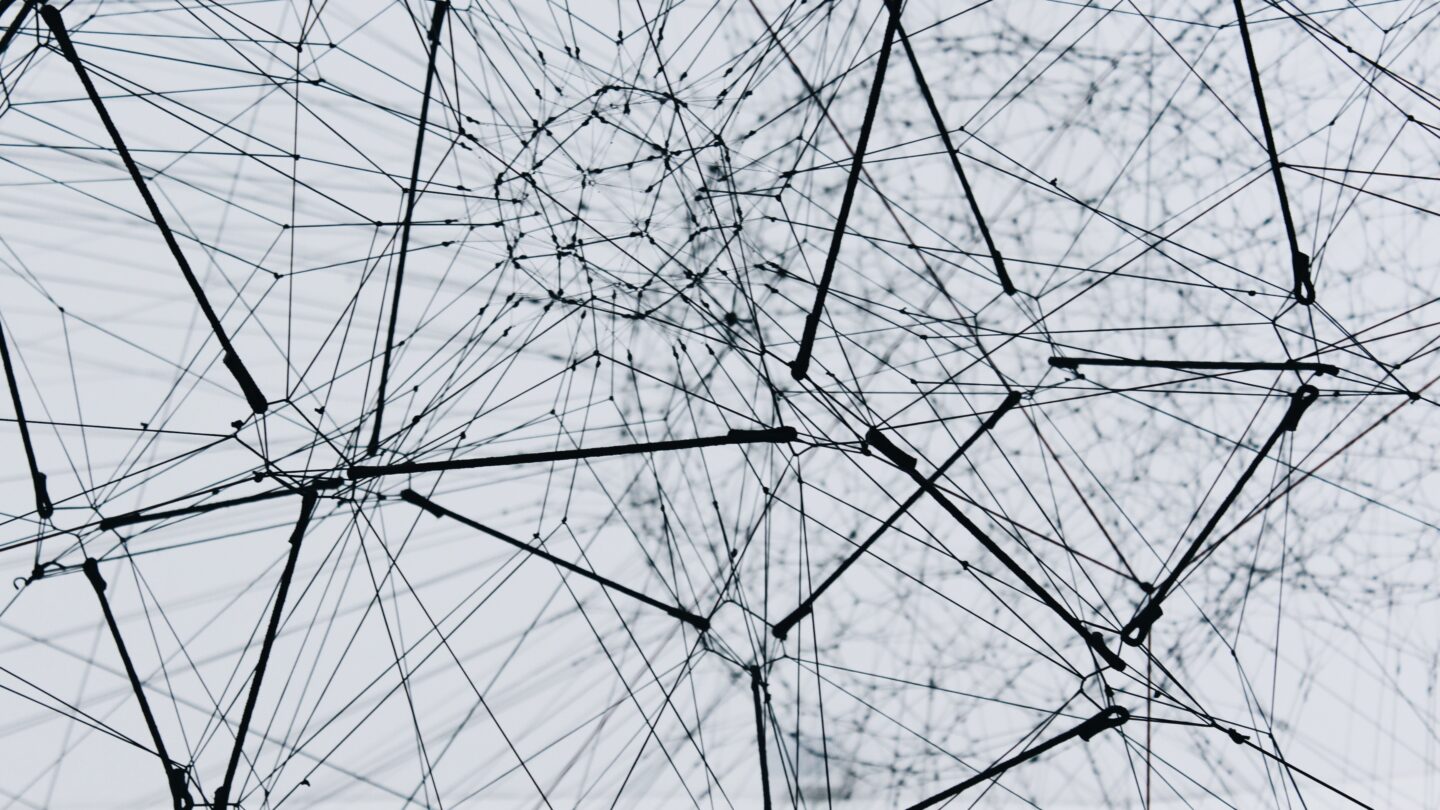BSN Beyond Powerhouse
BSN_powerhouse is an extension of the Baltic Science Network and provides transnational funding and supports instruments to help research infrastructures expand their cooperation to increase competitiveness and scientific excellence in the region.
BSN_Powerhouse has proved that:
- There is a strong interest from the Baltic Sea Region (BSR) Research Institutions (RI) and Higher Education Institutions (HEI) to receive political and practical support for engaging in transnational cooperation and to develop the Baltic Sea Region as common region for research and innovation;
- BSN_Powerhouse’s BARI and LaunchPad match these demands and have been successfully tested and developed further during the pilot phase;
- Despite a wide range of already existing transnational cooperation networks, the BSR still offers large untapped potentials suitable to develop the region into one of the world’s most competitive science and innovation hubs.
Since 2016 BSN has become the most important arena for discussing, developing, and joining political action towards intensified science cooperation in the region. Beyond practical support for research cooperation BSN also has a unique role to play as it facilitates multilevel science governance involving EU-, national-, subnational, -regional actors, as well as non-EU countries (Russia, Norway) and non-state actors (universities, RIs, funding bodies). The strategic importance and wider recognition of the BSN is underlined by its EU Strategy for the Baltic Sea Region (EUSBSR) Flagship status. Achievements in BSR science cooperation can be seen as important steps on the way to realise the European Research Agenda.
Objectives of the Vision Process
We will follow a two-fold approach:
- BSN’s LaunchPad and BARI shall develop concepts for continuation and further development of the two respective instruments. The Vison Group will meet regularly to share ideas, include ideas and harmonise both concepts.
- Developing a concept for the future of BSN will include results developed by the Vision Group, but shall not be limited to simple continuation of the two instruments.
The tasks of the Vision Group include:
- Develop a general vision, objective, governance, funding, etc.;
- Define any new topics (e.g. Resilient Society, Green Deal, Digitalisation, Maritime Research, Life Science, Development of Science Cities) and/or formats (e-.g. testing new digital instruments for cooperation, etc.);
- Redefine focus/direction of action (technology/knowledge transfer, involving actors and needs from industry, business, society);
- Make suggestions for widening and reorganising the network accordingly.
The vision will reflect the latest developments and priorities of major political processes. In particular, those supported at the Council of the Baltic Sea States (CBSS) and the EU Strategy for the Baltic Sea Region (EUSBSR). The BSN plays an important role in the CBSS agenda under its priority area Sustainable & Prosperous Region and is defined as a Flagship project under EUSBSR. The future vision will also aim to further the new Interreg Baltic Sea Programme and its four priorities namely ‘Innovative societies’ (Priority 1), ‘Water-smart societies’ (Priority 2), ‘Carbon-neutral societies’ (Priority 3) and ‘Cooperation governance’ (Priority 4)
First Ideas:
- BSN as an umbrella for cooperation in Science, Research and Innovation in the Baltic Sea Region;
- Flexible wider Baltic Science Network that meets regularly;
- Engaging in policy processes at national, macro-regional and European level;
- BSN helps coordinate existing and future projects and initiatives (Powerhouse 2.0., HALOS, HELIOS, BSRUN, BONUS, etc). Better coordination between these projects will help to use synergies, harmonise joint interests, and will pool resources for joint advocacy;
- Developing projects with different funding organisation and different partners (e.g. ERASMUS + for BARI, Horizon Widening Participation for Launch Pad) out of existing BSN structure;
- BSN playing a key role in matching research funds and structural funds to maximise synergies.
Methodology:
Step 1: External Input
The brainstorming will be organised in smaller groups, to allow for extensive discussion and input from various stakeholders. 4-5 Vision Workshops/Brainstorming Sessions will be conducted in spring 2021, additional bilateral discussions with individual experts may be conducted if suitable where small groups of 6-7 people will discuss the future of BSN’s work. The first workshops will primarily focus on external partners and target groups (e.g. key BSR experts, representatives from EUSBSR, Universities and RIs). All partners are invited to share ideas and names for participants and 1-2 BSN partners are invited to participate.
Step 2: Internal Discussion
· Lead Partner will summarise the results and present them during next Partner Meeting in April where an internal Vision Workshop will be organised to discuss external input and develop further ideas for future of BSN work. Partners will discuss and approve the content, next steps and the concept for finalisation of the BSN Vision.
Step 3: Finalisation
Further expert discussions and workshops may be organised after April 2021 if necessary. The final BSN Vision should be approved by all partners during final conference.

